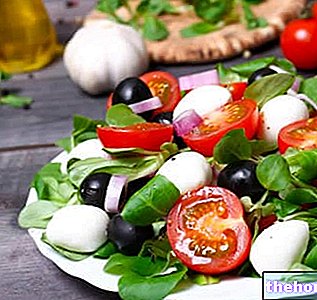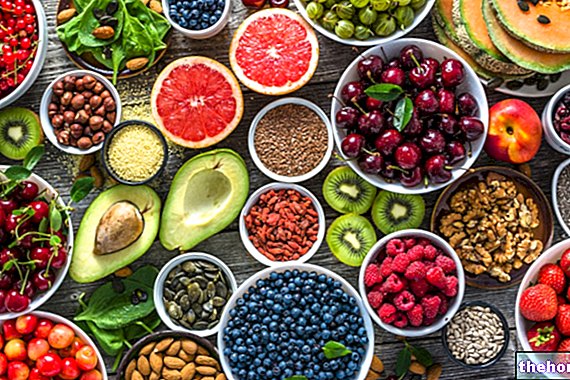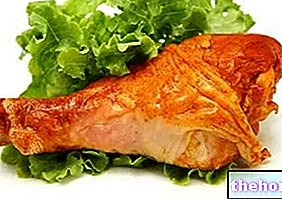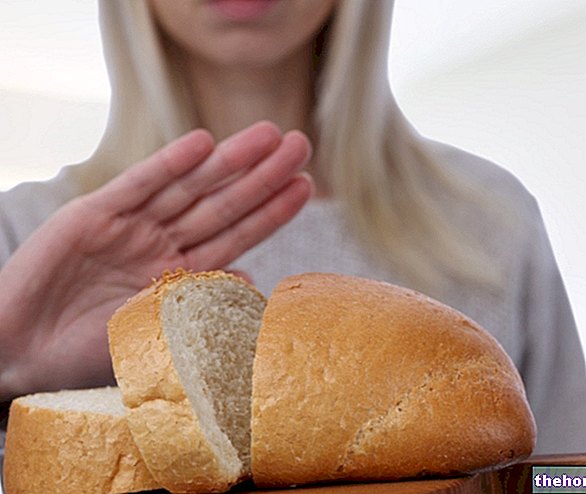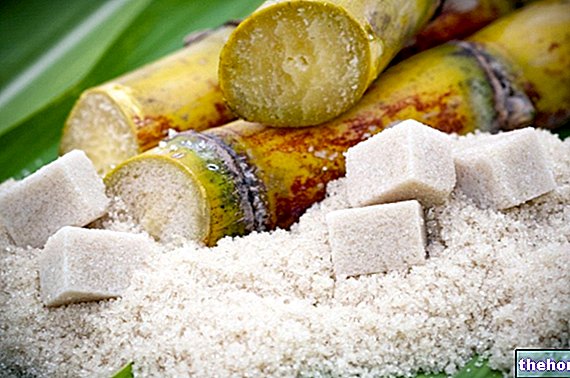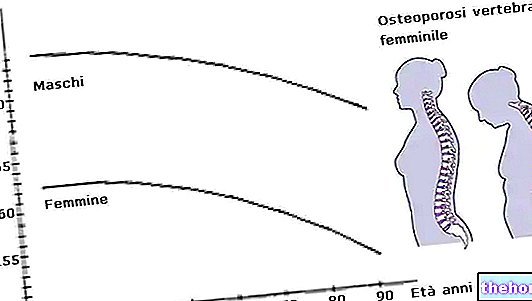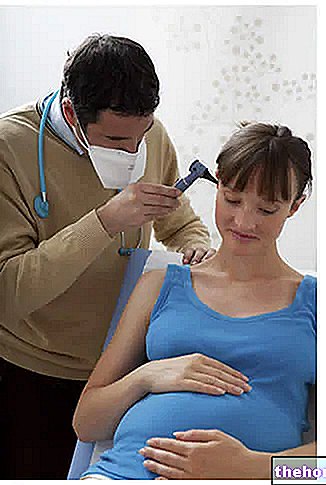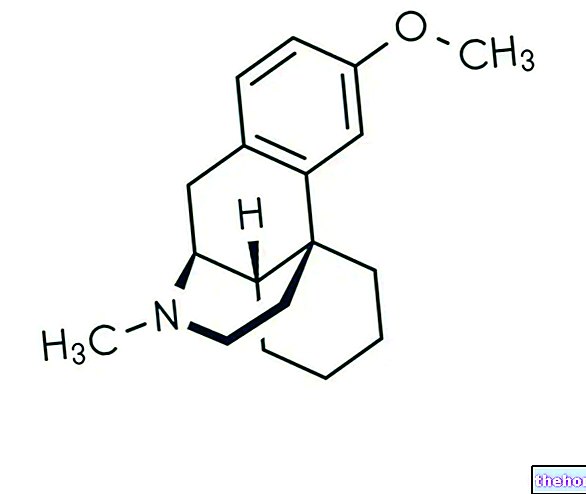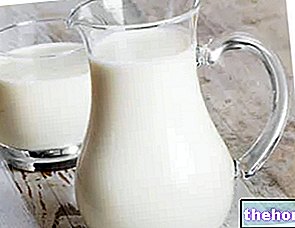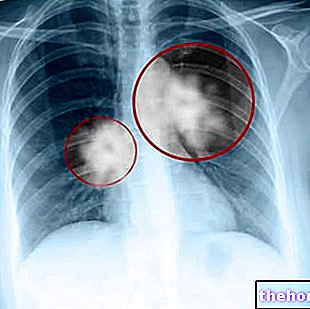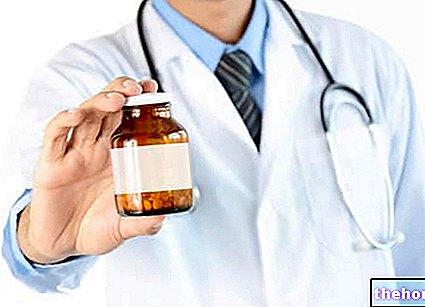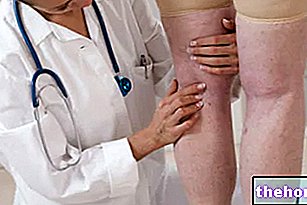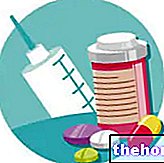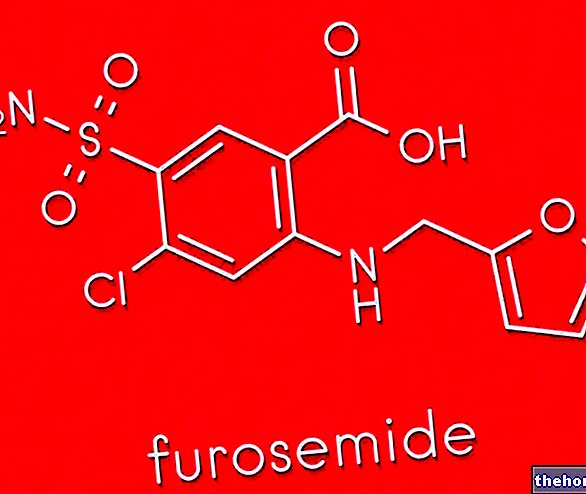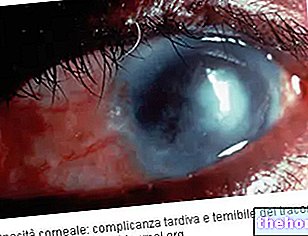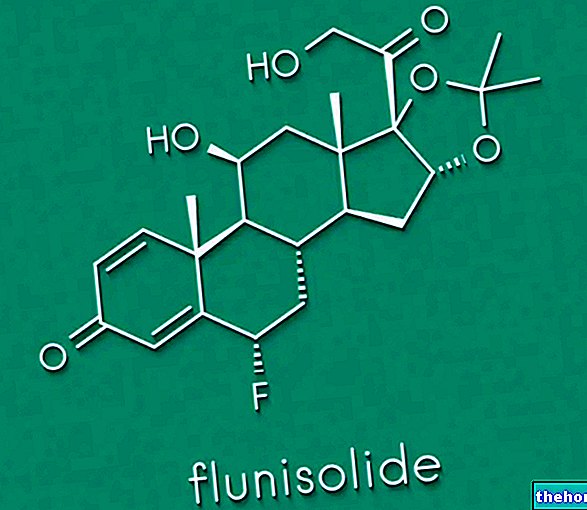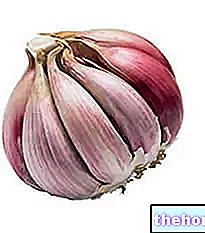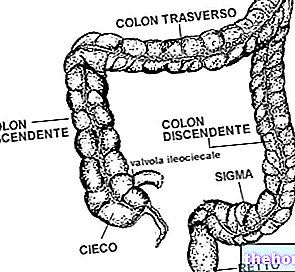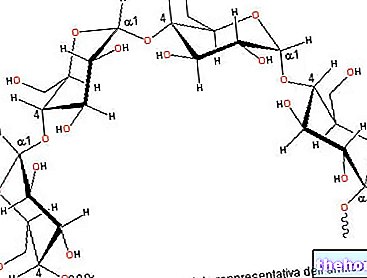Polyunsaturated fats and health
Foods rich in polyunsaturated fats can have positive effects on human health
PROVIDED THAT
are consumed with sobriety
and in partial replacement of saturated fats (butter, lard, fatty meats, dairy products) and hydrogenated fats (margarine, peanut butter).
Polyunsaturated fatty acids can reduce blood cholesterol levels and with them the risk of suffering cardiovascular disease.
Ω6 / Ω3 ratio in some commonly used oils
This benefit is ascribed above all to omega six, which however - if not accompanied by an adequate intake of omega-three - can increase the inflammatory state of the body and excessively decrease HDL cholesterol. For this reason it is very important to take fatty acids essential in the right proportions. In recent years this ratio has been considerably unbalanced towards ω-6, in the face of a diet increasingly poor in fish and rich in vegetable oils. All this to the detriment of our health, since the excess of omega -6 and omega-3 deficiency increases "bad" eicosanoids. In themselves, therefore, omega-6s are not harmful to human health but, while exercising numerous essential functions, they can become so when consumed in excess of omega-three.
Populations
ω-6/ω-3
Paleolithic
0,79
Greece before 1960
1,00/2,00
United States 2000
16,74
United Kingdom and Northern Europe
15
Japan
4
Italy
13
Omega-3 / Omega-6 ratio
The omega-3 / omega-6 ratio currently stands around 1:10, when - according to the most modern views - it should be reduced to 1: 2 - 1: 4 (in the diet of our ancient predecessors it was 1: 1) .
From this premise comes the recommendation to consume at least two or three weekly portions of fish.
Omega-three fatty acids associate the anti-inflammatory function with an "important hypo-triglyceride-lowering activity. The positive effect on cholesterol levels appears to be less certain (a possible and slight increase in HDL cholesterolemia can occur thanks to the" integration of omega-three) .
Excess of polyunsaturated fats
Foods rich in polyunsaturated fats are those most subject to rancidity, which is why they must be stored away from light, air and high temperatures. The addition of vitamin E contrasts the phenomena of peroxidation both in food and in the body; its supplementation is therefore appropriate when taking polyunsaturated fatty acid supplements or foods that contain them in high concentrations. Furthermore, oils rich in polyunsaturated fatty acids must be added to various foods, preferably raw and are contraindicated for frying.
The moderation of quantities is always a must, since polyunsaturated fats, like the rest of the other types, contain nine calories per gram. An excess compared to requirements, therefore, predisposes to overweight and obesity, as well as decreasing the blood clotting capacity (exposing subjects treated with anti-coagulant drugs to the risk of bleeding).
According to the guidelines for a healthy Italian diet, in a balanced diet the lipids must represent about 25-30% of the daily caloric intake. Of this share about 50% must be covered by monounsaturated olive), while the remainder must be more or less equally distributed between saturated and polyunsaturated fats.
Other articles on "Polyunsaturated Fats and Health"
- Polyunsaturated fats in food
- Polyunsaturated fats



